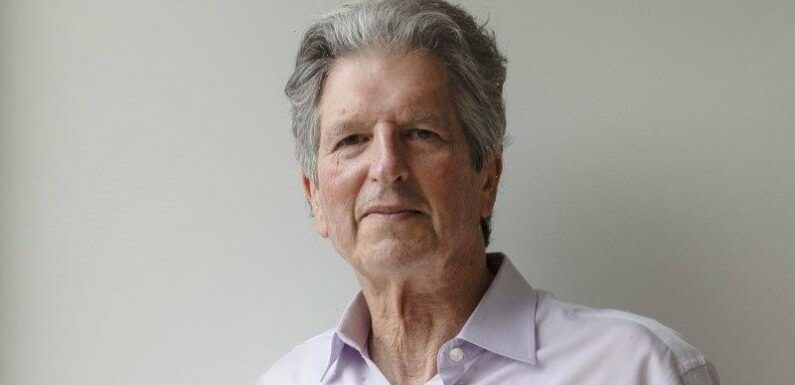
Key points
- Australian Professor Martin Green has won the Millenium Technology Prize, the most honoured in that field in the world.
- He was awarded the prize for his lifetime of work refining and improving the solar cell.
- Colleagues at the University of NSW now hope he can go on and win the Nobel Prize.
Professor Martin Green, a softly spoken professor from the University of New South Wales, has been awarded the world’s most prestigious technology prize for his lifetime of work refining and improving the solar cell.
Professor Martin Green has led a UNSW team that has held the world record for cell efficiency for 30 of the past 36 years.Credit:
Green was awarded the Millennium Technology Prize, a €1 million ($1.5 million) award which is conferred every two years, by Finnish President Sauli Niinistö during a ceremony in Helsinki on Tuesday.
The award was recognition for Green’s work leading the development of the so-called Passivated Emitter and Rear Cell, or PERC solar cell, which has become the most efficient and commercially viable photovoltaic solar cell in the world.
Professor Martin Green gets ready to receive the Millennium Technology Prize in Finland.Credit:Curzon PR
Speaking with the Herald and The Age before the ceremony, Green said that early in his career he had become concerned at the climate change impact of the development of China and India if a clean form of power was not developed for their vast populations.
Largely a result of advances led by Green’s team at UNSW, in 2020 the International Energy Agency, long viewed as an organisation that was sceptical of renewables, declared solar to be the cheapest form of electricity in human history.
Asked how it feels to have made such a significant contribution to the fight against climate change, Green says he worries he was not able to move fast enough.
“Even back in the ’80s we used to talk about the race against time and how important it was to get them more efficient and cheaper still before China and India moved into fossils,” he said.
“That’s what happened with China, but India I think we caught sort of halfway along and they are now abandoning a lot of their plans for coal.”
Some at UNSW hope Green will go on to win the Nobel Prize, as has been the case for some former winners of the Millennium Prize.
The Morning Edition newsletter is our guide to the day’s most important and interesting stories, analysis and insights. Sign up here.
Most Viewed in Environment
From our partners
Source: Read Full Article

